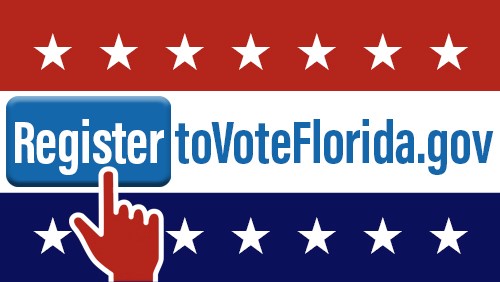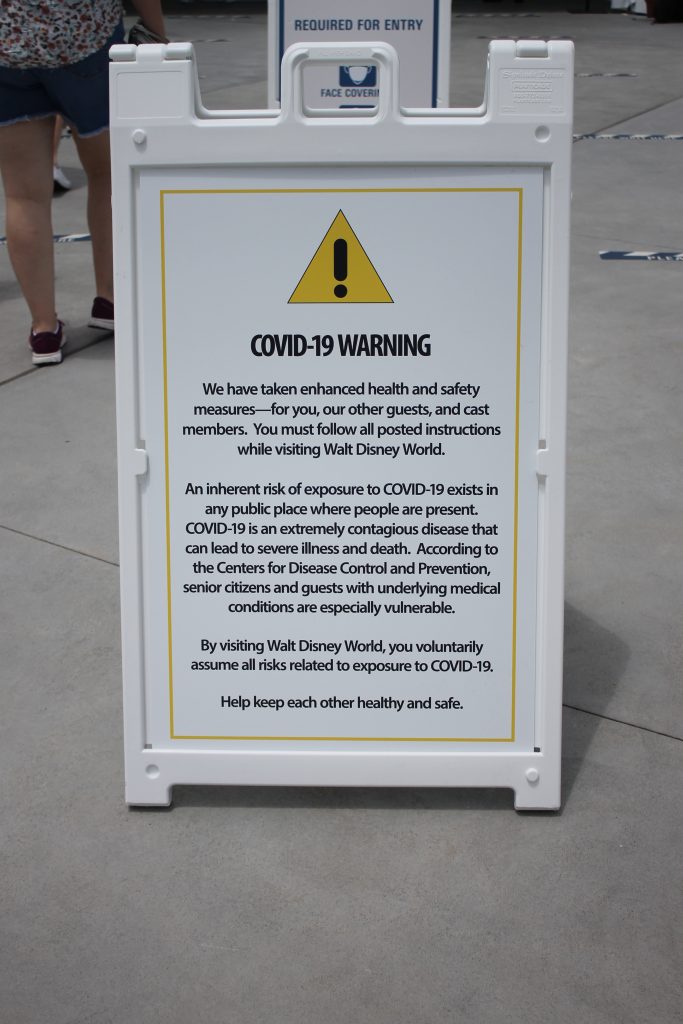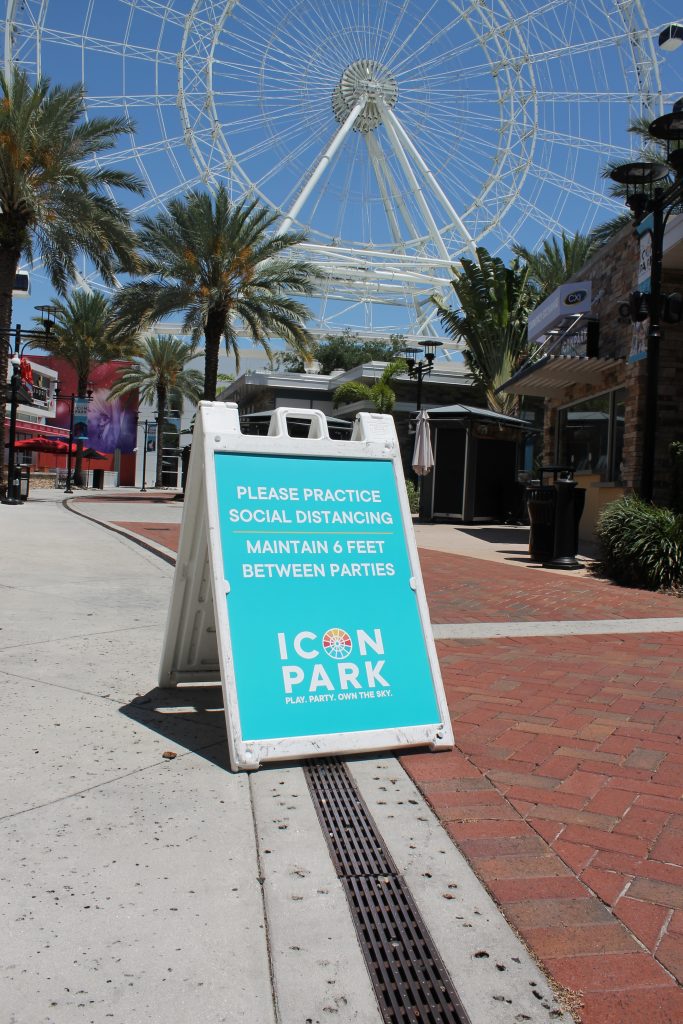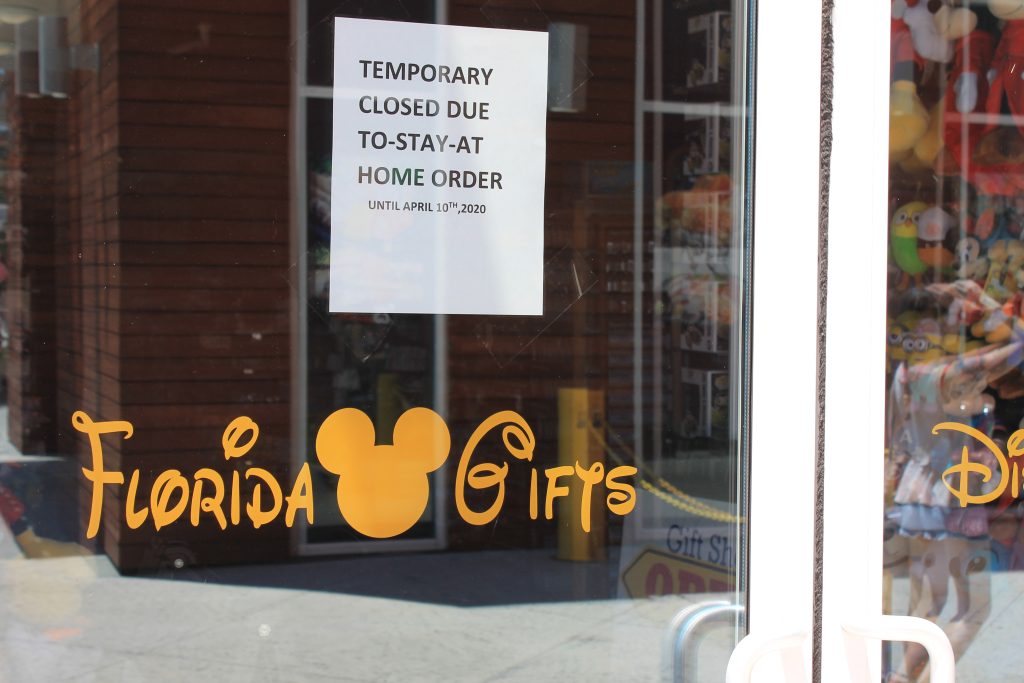Chapter 13: Ocoee in National Context
As was the case for Ocoee in 1920, the commemorative events of 2020 unfolded within the context of a nation embroiled in controversy. A contentious presidential election in which the Black vote was considered essential, a summer of police violence, confrontations with the past, protests that spilled into the streets, and a global pandemic that upended social and economic certitudes mirrored the disparities and uncertainties of 1920. In 2018 and 2019, when Central Florida social activists, historical institutions, and community leaders planned the commemorative events to mark the Ocoee Massacre, no one anticipated the local, national, and international disruptions that would force a redesign of those plans to accommodate the reality of 2020.
National Election

In the age of social media and deep political divisions, the political campaigns found no common understanding of American issues or even agreement on what could be viewed as “true.” In addition to the “no holds barred” campaigning between the candidates, social media influencers spread disinformation to energize and/or confuse potential voters. Meanwhile, election officials struggled with the reality of a global pandemic that posed questions of how and where voters would cast their ballots. In the end voters had a variety of choices in addition to traditional in-person voting: early voting, drop-off ballots, and mail-in ballots.
Unlike recent presidential elections, the winner was not declared until the Saturday following the balloting. Although election officials declared the balloting to have been fair and free of fraud, supporters of President Donald J. Trump demanded multiple recounts in targeted states he expected to win. The recounts produced no change in the outcome of the election. In an echo of the 1920 presidential election, voter eligibility combined with how voters cast their ballots became important points of dispute. In subsequent state actions, restrictive voting laws emerged, which many viewed as a second Jim Crow.
NBA Get Out the Vote Campaign
The Orlando Magic joined with the National Basketball Association (NBA) in a campaign to get out the vote. In the videos below representatives of the Orlando Magic talk about their local campaign.
Black Lives Matter
On May 25, 2020, the murder of George Floyd while in the custody of Minneapolis police unleashed a global denunciation of police violence. Like other cities around the world, Orlando citizens took to the streets in peaceful marches to demonstrate their outrage and demand reforms.
(Photos courtesy of the Library of Congress.)
Black Lives Matter (BLM) began with events in Central Florida. In 2013, following the acquittal of George Zimmerman in a Seminole County courtroom of the shooting death of Trayvon Martin, three Black activists—Alicia Garza, Patrisse Cullors, and Opal Tometi—created Black Lives Matter. BLM originated as a social media hashtag #BlackLivesMatter and became a Black-centered movement. With the deaths of Michael Brown in Missouri and Eric Garner in New York, the movement became national. The Black Lives Matter Foundation, Inc. is global and defines its mission “to eradicate white supremacy and build local power to intervene in violence inflicted on Black communities by the state and vigilantes. By combating and countering acts of violence, creating space for Black imagination and innovation, and centering Black joy, we are winning immediate improvements in our lives.”
(Photos courtesy of the Library of Congress.)
Teach-In at UCF
University of Central Florida faculty from the College of Arts and Humanities and the College of Sciences led a series of short presentations on racism in America from a comparative perspective. The teach-in facilitates a greater understanding and awareness of how racial discrimination and inequalities permeate many different aspects of our country’s history, socio-economic system, and politics. It also exhorts participants to take action and address the persistent legacies of racism.
Speakers and their topics included:
*Dr. Jonathan Cox, Department of Sociology; Color-blindness IS Racism‚ and White Supremacy
*Dr. Edward Gonzalez-Tennant, Department of Anthropology; Archaeology is Antiracist or It is Nothing: Confronting the Legacies of Anti-Black Pogroms in 2020
*Dr. Connie Lester, Department of History; The Rhyme of History: Racism in the Florida Narrative
*Dr. Amelia Lyons, Department of History; Colonialism, Migration, and Universalist Rhetoric: The Historic Roots of State Violence against People of Color in France
*Dr. Bhoomi Thakore, Department of Sociology; The Maintenance of Racism and Inequality in a Capitalist Society
*Dr. Keri Watson, School of Visual Arts and Design; The American Carceral Landscape and the Perpetuation of Slavery
*Dr. Kenicia Wright, School of Politics, Security, and International Affairs; Representative Bureaucracy, Intersectionality, and Female Health Outcomes in the US
*Opening remarks by Dr. Güneş Murat Tezcür, from the UCF School of Politics, Securities, and International Affairs. UCF History Alumnus Brandon Nightingale, M.A., who is the Archival Coordinator at Carl S. Swisher Memorial Library at Bethune-Cookman University serves as the moderator.
This virtual event was sponsored by the UCF College of Sciences, UCF College of Arts and Humanities, UCF Africana Studies and UCF School of Politics, Security, and International Affairs.
Black Lives Lunch & Learn: UCF Alumni & Graduate Students on Race and Democracy (James Weldon Johnson Lecture Series)
Recent graduates and students from the University of Central Florida History Department and Interdisciplinary Studies share a series of short research presentations on racism and democracy in America.
Panelists:
*Aarron Booker, UCF Interdisciplinary Studies Graduate Student Teach us How: Love, Relationships, and Resistance
*Zafirios Daglaris, ’19M.A., UCF History The Minstrel Legacy of Sentimentalism
*Jennifer Davis, ’19M.A., UCF History How Change Started to Come: Examining Rhythm and Blues and Southern Identity
*Porsha Dossie, ’14 ’18M.A., UCF History The Tragic City
*Brandon Nightingale,’16 ’19M.A., UCF History The CME Church in the Memory of the Civil Rights Movement
*UCF History Alumna Holly Baker, M.A., who is Manager of the Brevard Museum of History & Natural Science and Host of Florida Frontiers Weekly Radio Magazine, will serve as moderator.
Covid-19 Pandemic
In early 2020 in response to reports of an outbreak of a new coronavirus in China, the Centers for Disease Control (CDC) began testing airline passengers arriving from selected cities in that country. On March 13, 2020, President Donald Trump declared a nationwide state of emergency and two days later, businesses and schools began to shut down in Ohio and New York. Masking and social distancing were urged by health officials to prevent the spread of Covid-19. Schools, colleges, and universities transferred classes to online and Zoom formats. In Orange County, plans for exhibits, scholarly presentations, and public conversations had to be re-evaluated and re-organized. Some planned events were cancelled, while others transitioned to online formats or limited attendance venues.







